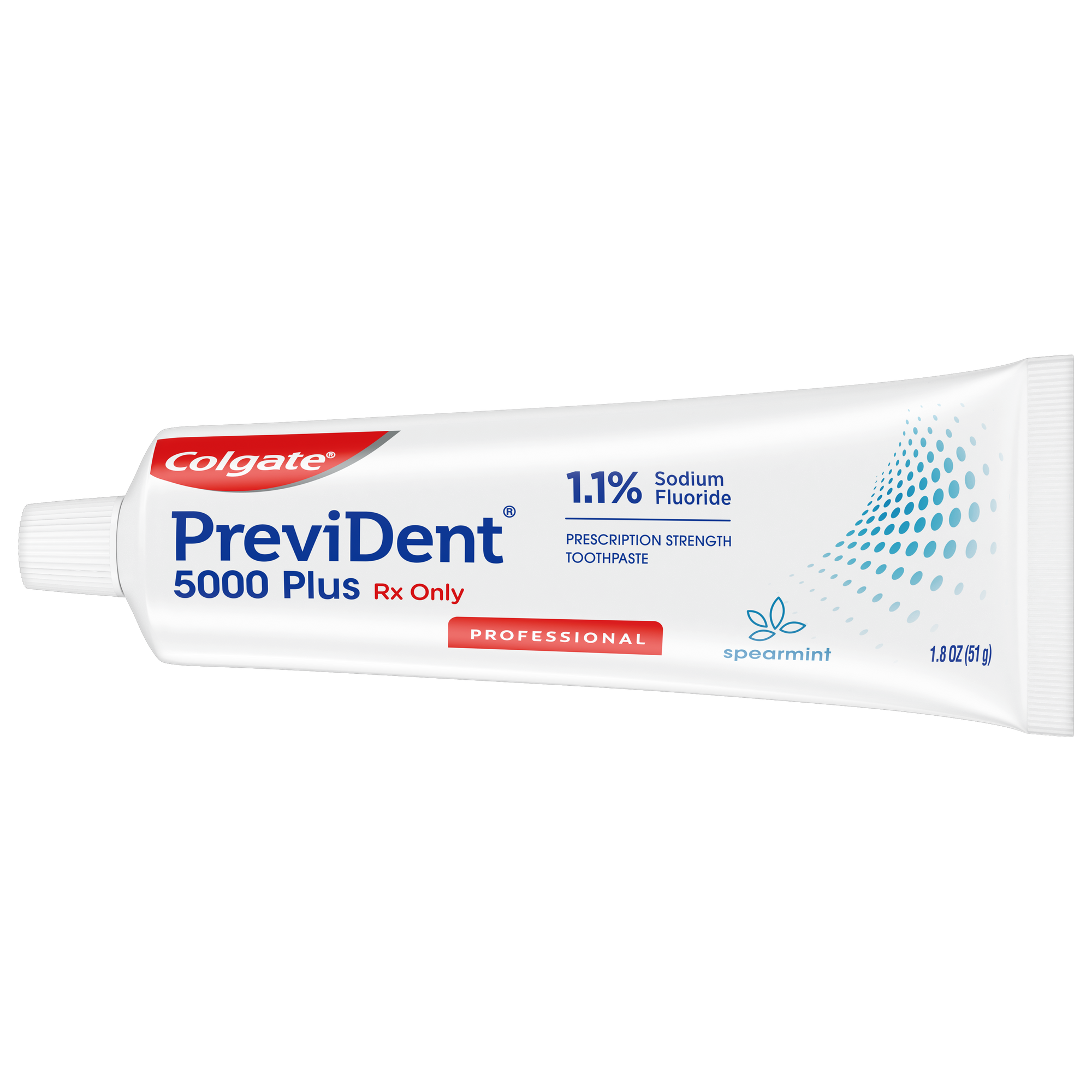Why Do I Have Bad Taste in My Mouth?
Food and other particles are picked up by your taste buds that communicate a message to your brain through nerves. You’re born with over 10,000 taste buds that can pick up on five different sensations: sweet, sour, bitter, salty, and umami. Persistent unpleasant taste in your mouth can affect anyone and presents as a “foul, salty, rancid, or metallic taste sensation.”
You can experience a bad flavor from the dysfunction of any of the parts involved with tasting: the taste buds themselves, the nerves that carry the message, and your brain itself. It can also be caused by medications, vitamins, or other culprits that release bad-tasting chemicals into your saliva or mouth.
Helpful tip: If any of these sound scary to you, rest assured that the cause of your unpleasant taste is usually benign (harmless) unless it presents alongside other symptoms, according to the Cleveland Clinic.
Bad Taste in Mouth: Causes
The taste in your mouth has a range of explanations, so be sure not to jump to any conclusions. Ensure the taste persists after cleaning your mouth and was not just the result of the food or drink you consume.
Potential causes if you’re experiencing a bad taste in your mouth:
- Poor dental health: Improper oral care causes tooth decay, gum disease, or infection, causing a bad taste.
- Medication: Some over-the-counter and prescription medications can come out in the saliva or cause dry mouth.
- Respiratory problems: Upper respiratory infection can affect your sinuses or the way you experience taste.
- Pregnancy: Some women report changes to their taste during this time of extreme hormonal fluctuation.
- Neurological conditions: Because nerves detect taste, conditions like dementia that affect your nervous system can cause a bad taste.
- Exposure to heavy metals: Lead and mercury are dangerous to your health and can cause an unpleasant taste.
- Burning mouth syndrome: This condition causes a burning sensation in the mouth that is sometimes accompanied by a disagreeable taste in your mouth, according to the Mayo Clinic.
- Medical problems: Diabetes, cancers, and kidney or liver problems can create a metallic taste in your mouth.
We recommend speaking to a dental or medical professional to help diagnose and treat bad taste in your mouth. They’ll help ensure you don’t have any serious underlying condition causing the bad taste to appear.
Bad Taste in Mouth: Diagnosis
It’s essential to diagnose the cause of this symptom for various reasons. A bad taste in your mouth could be an early warning sign of a health problem you’re unaware of or a problem with your medication dosage. Not only will it help you understand the best path forward, but it can also help avoid problems like overeating salty or sweet food to combat unpleasant flavors.
It’s a good idea to schedule a visit with a dental or medical professional for diagnosis. Although many causes of negative taste aren’t serious, some are. It’s smart to let the pros rule them out so you can have peace of mind. Taste disorders may require the help of a doctor called an otolaryngologist, also known as an ear, nose, throat, head, and neck (ENT) specialist.
Diagnosis may include:
- Examination of your ears, nose, and throat
- Dental assessment
- Professionally administered taste test
- Review of your medical and dental history
Bad Taste in Mouth: Treatment
Because there’s no single cause for a lingering bad taste in your mouth, there’s also no remedy that works for everyone. Keep in mind that any solution that treats your bad taste directly is unlikely to treat the underlying cause, so it’s important to understand why you’re experiencing an unpleasant taste. The more you know about the cause, the more directly you can treat the problem!
Steps to treat a persistent bad taste:
- Maintain your oral health by brushing twice daily for two minutes and cleaning between your teeth using a flossing device, water flosser, or interdental brush once a day
- Schedule regular checkups with your dental and medical professionals to prevent problems and catch issues early
- Double-check that you’re taking the correct dosage of your medication or vitamins as prescribed or indicated on the packaging
If you’re stressed about the persistent bad taste in your mouth, remember that this is usually not the sign of a serious medical problem on its own. It’s a great idea to schedule an appointment with a professional to receive an accurate diagnosis and up-to-date treatment. You now have a great understanding of how your taste functions and what can cause changes to it.
This article is intended to promote understanding of and knowledge about general oral health topics. It is not intended to be a substitute for professional advice, diagnosis or treatment. Always seek the advice of your dentist or other qualified healthcare provider with any questions you may have regarding a medical condition or treatment.
ORAL HEALTH QUIZ
What's behind your smile?
Take our Oral Health assessment to get the most from your oral care routine
ORAL HEALTH QUIZ
What's behind your smile?
Take our Oral Health assessment to get the most from your oral care routine















